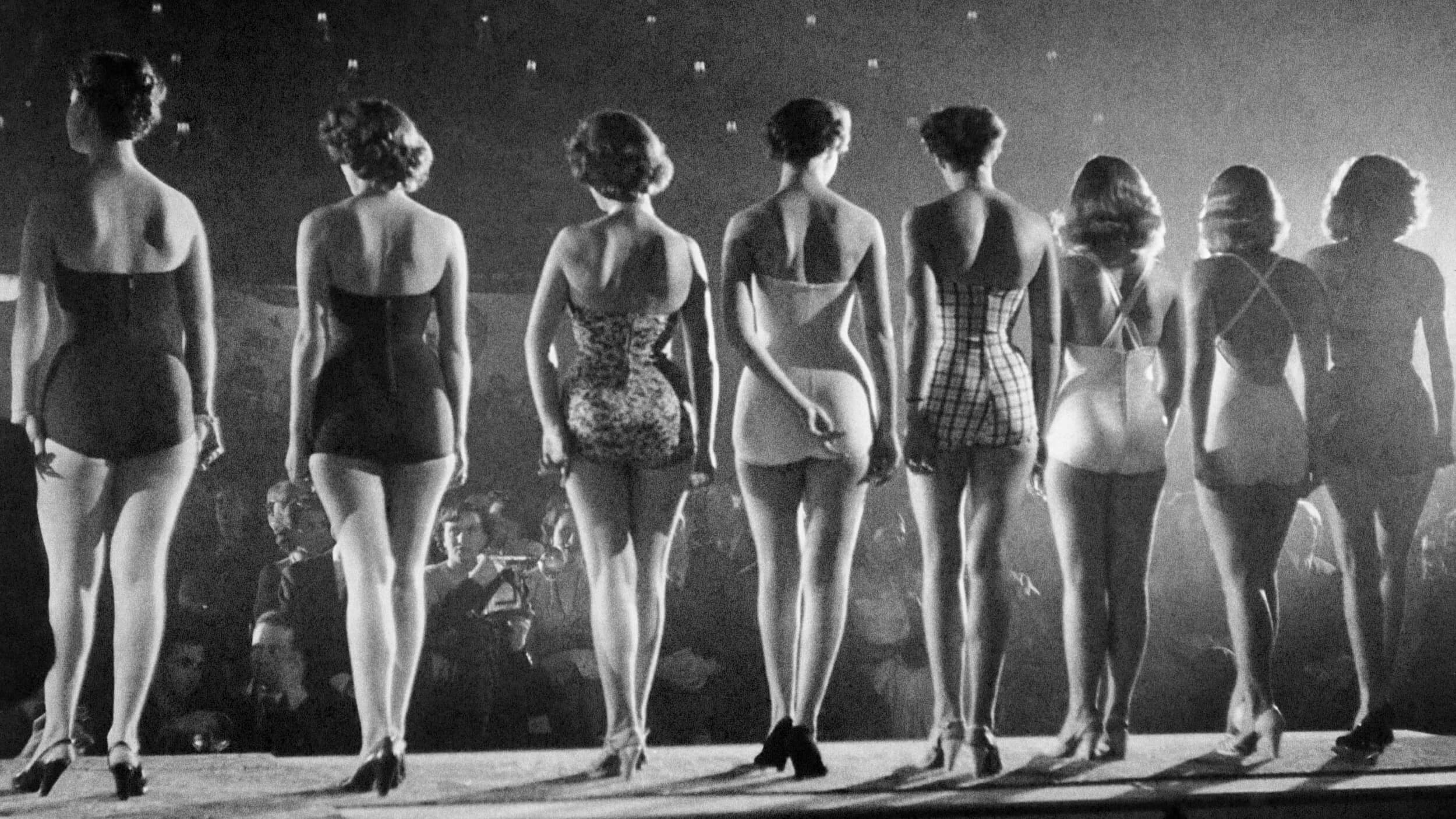1.
Peter Singer: I believe that we are biological being, we are animals, we have evolved from countless ancestors. Each of those ancestors, in order to pass on their genes, had to survive, and in some broad sense of the term, compete for survival against others and against the environment; and had to be successful in surviving and reproducing and as mammals protecting his or her offspring.
So, it’s not surprising that we should have an element of selfishness in us.
But it’s also a mistake to think that this competition is nature, really tooth and claw kind of bloody conflict in which we have to kill others. Sometimes we compete more effectively by learning ways of cooperating with others and then through operative pairs or groups do better.
I think there is a biological basis for both competitive and sometimes aggressive instincts and for our cooperative instincts. And what we need to try to do, if we’re trying to fashion a better society in which people could get what they want more, and there is less suffering, is we need to think about how to channel those innate behavioral patterns into ones that would be better for fostering, cooperative and productive relationships and will not foster the aggressive, competitive ones.
2.
Peter Singer: One reaction is just one of bewilderment, how people can get themselves into this mess, especially people who are already comfortably off; that they just seemed to want more and more; that they can’t stop and they get into terrible trouble.
And you wonder, is it that the money has so much value to them more--because once you have a certain amount, really, it can’t make much difference to your lifestyle.
I take it that it’s something else that’s driving them, it’s the desire for public success or status or something of that sort that must be getting them to lose sight of what, for any normal person, would be a balanced set of priorities.
3
Peter Singer: I don’t think that greed in itself is ever good. I think that the desire to succeed, the desire to have more, can lead to people being more productive and working harder.
But I think when it actually turns into greed, it’s not good for the person who’s greedy, it doesn’t conduce to their satisfaction with life, and it’s always liable to spill over to some of these consequences that we’ve been seeing in the last few months [circa early 2009].
I would not say that greed is really ever good, although I would agree that it could be a way in which some good things happen. But I would much prefer if those good things happen because people care about the good things because people care about trying to abuse a better product which will make people’s lives better. That’s certainly preferable motivation.
4
Peter Singer: I think that people may feel pinched as compared to where they were last year. We’re not being all that badly pinched if they compare themselves to where they were five or ten years ago.
I don’t think if it’s philosophy that’s helping, it’s taking a bit of perspective on your situation and of course, some people genuinely have it. Some people are not able to pay their mortgages, they’ve lost their job, their house will get foreclosed on them and I’m not really expecting those people to be altruistic.
But most Americans, even in this downturn, are still very well-off. They still live very comfortably, they have a range of luxuries. And if they compare their situation with that of those really poor, the global poor, they’re just incomparably better off. They spend on trivialities like a bottle of water which they don’t need because the water the comes out of the tap is safe to drink. And yet the cost of that bottle of water might be all that a family has to live on for a day in a developing country.
5.
Peter Singer: I think some people have always taken what they can get and it’s simply that the opportunities are different, the size of the economy is different, the possibilities are very different; and so you couldn’t steal $50 billion dollars before and now you can.
I really don’t see human nature as having changed very much in a short term. Human nature in my view is pretty much constant; and of course variable from person to person and circumstance to circumstance. But there’s something basic that underlies it that displays itself in different ways and different conditions.
Recorded March 16, 2009.






